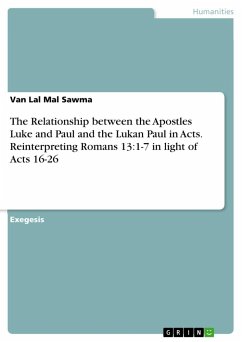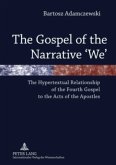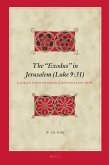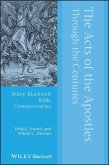Exegesis from the year 2017 in the subject Theology - Biblical Theology, grade: B (3.3), Emory University (Candler School of Theology), course: Master of Theological Studies, language: English, abstract: This exegetical paper engages with Romans 13:1-7, one of the most problematic and debated passages in the Pauline corpus, which has been quoted by many politicians and religious leaders in different ways to solve the tensions arising frequently between church and state. Accordingly, this paper seeks to reinterpret Romans 13:1-7 based on Paul's character and behavior mentioned in Acts 16-26.The first part of the paper deals with exegetical issues, namely the world behind the text, the world in the text, and the world in front of the text. Following this, the paper articulates the relationship between Luke and Paul and the Lukan Paul in Acts. After this, the remainder of the paper will focus on interpretation and reflection. Ultimately, this paper argues that Paul, if based on Luke's depiction in Acts 16-26, may well not have meant blind obedience-when he speaks of submitting to the governing authorities-but reflective obedience.








